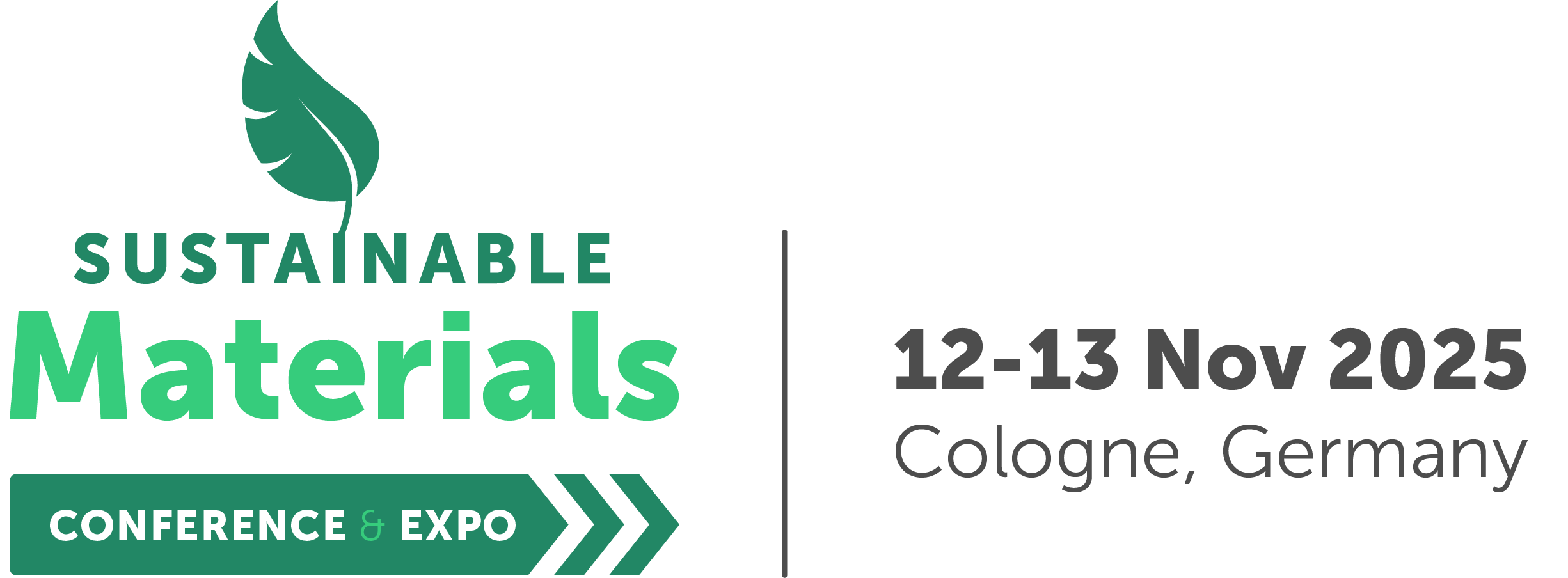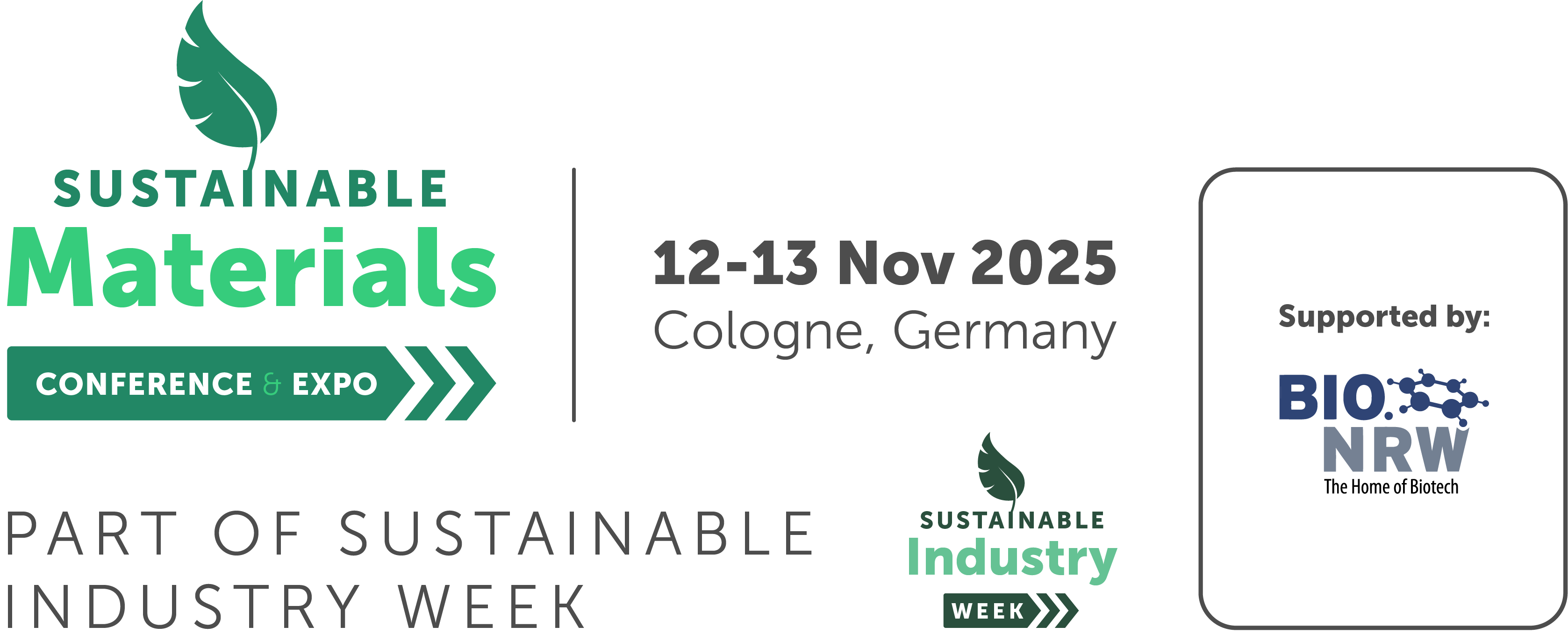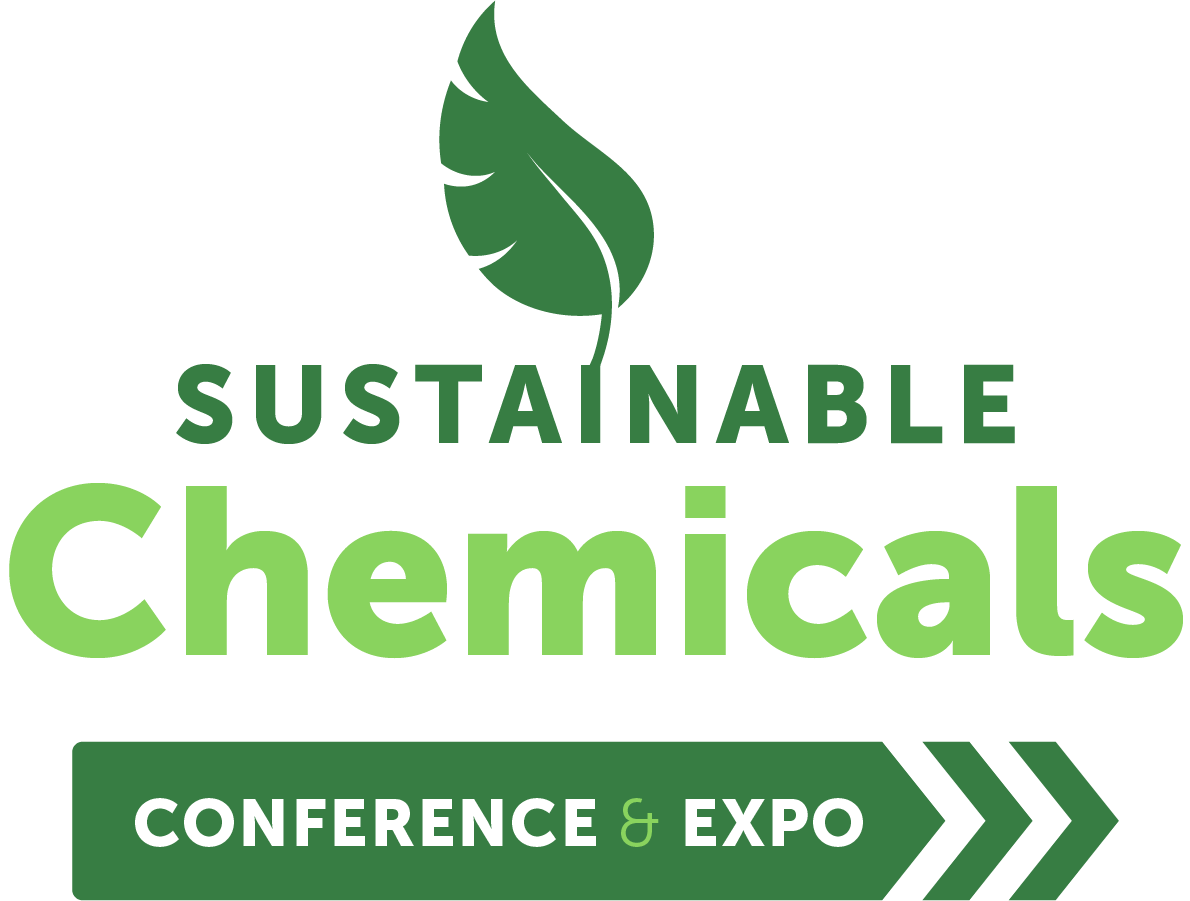Real-time monitoring of the biodegradation of natural and synthesized polymers utilizing respirometry method
14 Nov 2024
The Sustainable Materials Stage
Sustainable Materials
In recent years, the European Union has actively been working to establish and update regulatory frameworks and standards that support the bioeconomy and circular economy, aiming to minimize plastic pollution in the environment. By implementing certification and standardized biodegradation assessments with a legislative foundation, consistency is ensured in the production and use of bioplastics, ensuring this goal for the long term. Certification scheme has been introduced, allowing only products verified as biodegradable through accredited laboratory testing to be advertised and labelled as such, fully meeting the requirements of established standards. In this way not only the environment can be protected but also consumers.
Biodegradation of materials is measured using respirometry, with microorganisms in compost acting as indicators for biodegradation levels. However, these microbial "sensors" can introduce variability due to differences in the types and quantities of microorganisms within compost samples. Achieving consistency in compost with a similar microbial composition across different regions worldwide is challenging. Given that the microorganisms in compost are essential for assessing bioplastic biodegradation, the results are inherently tied to compost activity. In this study, activated vermiculite was utilized as an inoculum to evaluate its effectiveness and reliability as a potential alternative to compost. Additionally, the results of measuring new natural biodegradable composite from jute and scoby (Symbiotic Colony of Bacteria and Yeast) will be presented.
Multi-channel respirometry systems allow for the rapid and efficient analysis of multiple samples simultaneously, and in various media. Recent advancements, such as the integration of a 13C isotope online analyzer, introduce new possibilities in biodegradation analysis. Moving forward, our research will concentrate on developing technologies that aim at making biodegradation assessments faster and more accurate.
Biodegradation of materials is measured using respirometry, with microorganisms in compost acting as indicators for biodegradation levels. However, these microbial "sensors" can introduce variability due to differences in the types and quantities of microorganisms within compost samples. Achieving consistency in compost with a similar microbial composition across different regions worldwide is challenging. Given that the microorganisms in compost are essential for assessing bioplastic biodegradation, the results are inherently tied to compost activity. In this study, activated vermiculite was utilized as an inoculum to evaluate its effectiveness and reliability as a potential alternative to compost. Additionally, the results of measuring new natural biodegradable composite from jute and scoby (Symbiotic Colony of Bacteria and Yeast) will be presented.
Multi-channel respirometry systems allow for the rapid and efficient analysis of multiple samples simultaneously, and in various media. Recent advancements, such as the integration of a 13C isotope online analyzer, introduce new possibilities in biodegradation analysis. Moving forward, our research will concentrate on developing technologies that aim at making biodegradation assessments faster and more accurate.






